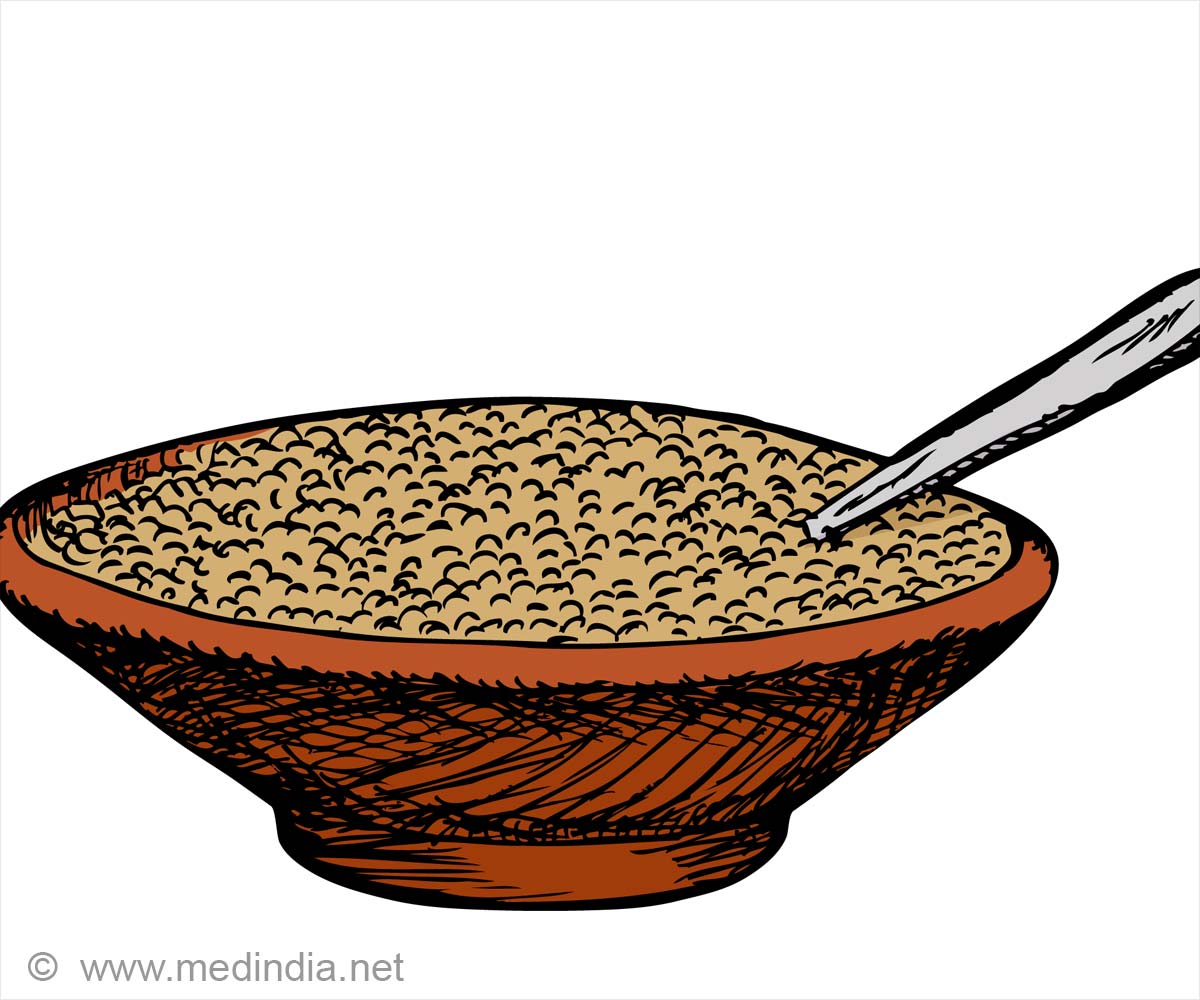A bland diet aids in managing digestive issues, promoting recovery after surgery, and providing comfort during gastrointestinal distress.

- Relieves bloating, nausea, and stomach cramps
- Supports recovery after gastrointestinal surgeries
- Protects against further digestive irritation and inflammation
Bland Diet
Go to source).
When is a Bland Diet Useful?
A low fibre diet is often employed in treatment of many conditions of the digestive system or after some surgery. Some of the most common conditions and situations where a bland diet can be beneficial include:- Gastroenteritis (Infectious Diarrhea)
- Bacterial Food Poisoning
- Traveler’s Diarrhea
- Morning Sickness (Hyperemesis Gravidarum)
- Post-Gastric Surgery Recovery
- Flare-Ups of Gastrointestinal Diseases: For individuals with conditions like Crohn's disease, irritable bowel syndrome (IBS), or ulcerative colitis.
Benefits of a Bland Diet
The bland diet offers several key benefits for symptom management:A bland diet can significantly reduce symptoms of gastrointestinal distress, promoting easier digestion and faster recovery. #medindia #digestivehealth’
Relieves Gastrointestinal Discomfort
The most prominent benefit of using a bland diet is relief of GI upset. Low fibre, low fat foods can be easily metabolized and does not cause a lot of work for the stomach and intestines. It minimizes conditions such as; swelling, flatulence, abdominal pain, and vomiting which are present in various ailments including gastroenteritis, food poisoning, and inflammatory bowel disease.
Supports Recovery Post-Surgery
This is especially important after risking having gone through surgery, especially a GI surgery, because a bland diet will ensure that no complications set in as a result of putting pressure on the newly repaired area. It enables the digestive system to adapt gradually to solids before the patient develops vomiting, nausea or diarrhea that are unlikely to aid in their recovery.
Protects the Digestive System
A blander diet means that there is a decreased likelihood of any further worsening in the condition of the belly as far as inflammation is concerned. Soft foods combined with simple liquids including rice, potatoes, cooked vegetables, and broths are good since they do not force the body to work harder for digestion. This is especially beneficial for those with Crohn’s disease or ulcerative colitis, as the inflammation caused by an injury to the intestinal lining can be caused by such foods as well.
Provides Comfort During Acute Episodes
When one is experiencing severe tummy upsets such as when taking diarrhoea or eating foods containing poison, then a bland diet helps. The concentration on uncomplicated foods can enable human beings to regain nutrition as they recuperate from gastrointestinal diseases. There may be advice to divide meals in smaller parts taken more often so the stomach is not overburdened.
Reference:
- Bland Diet - (https://www.med.umich.edu/1libr/MBCP/BlandDiet.pdf)
Source-Medindia















